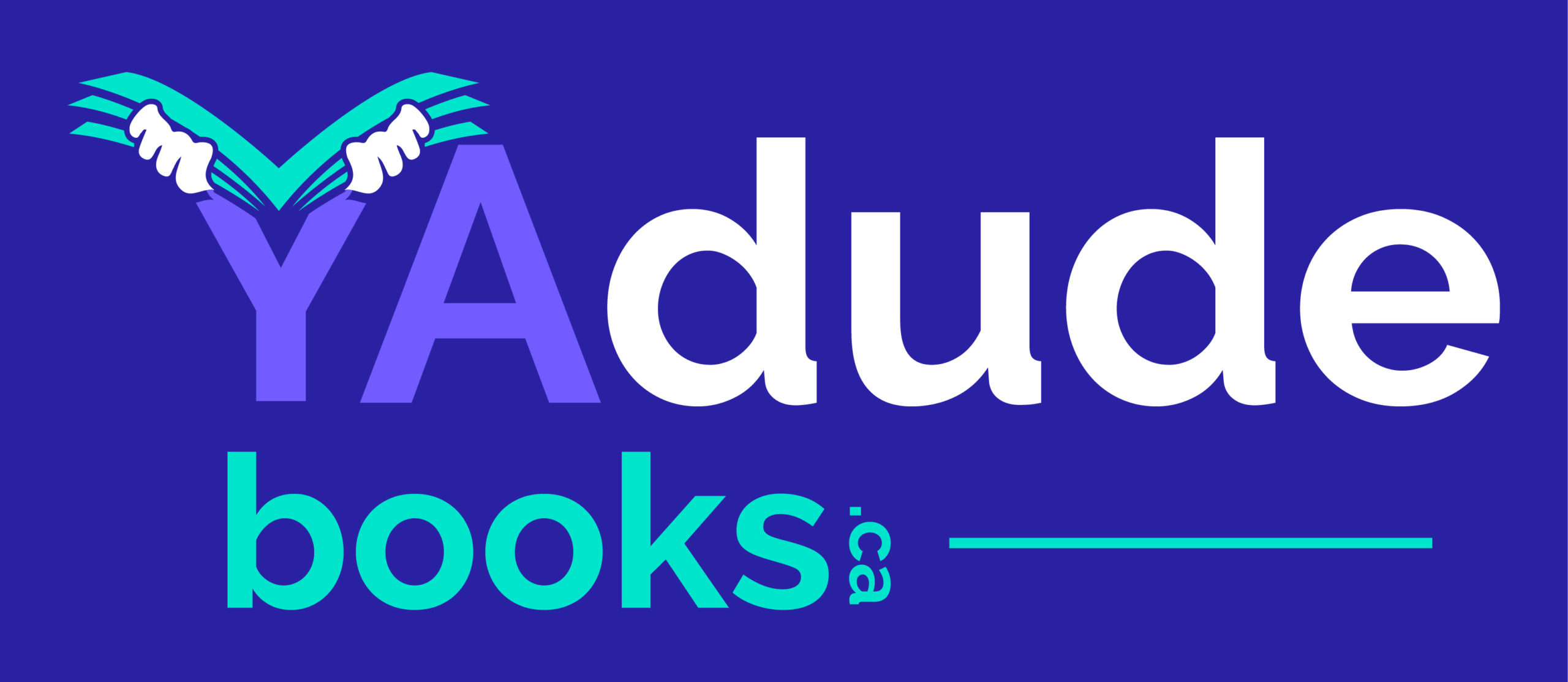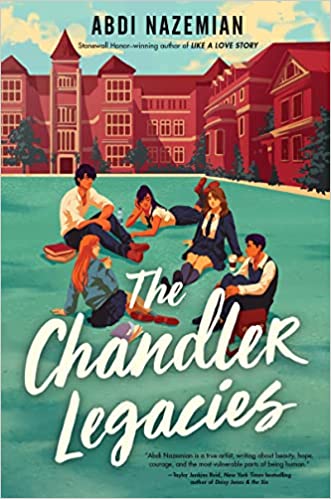The Chandler Legacies

Author: Abdi Nazemian
Publisher: Balzer & Bray / HarperCollins
From the Stonewall Honor-winning author of Like a Love Story comes a revelatory novel about the enclosed world of privilege and silence at an elite boarding school and the unlikely group of friends who dare to challenge the status quo through their writing. Perfect for fans of E. Lockhart, Kathleen Glasgow and Jandy Nelson, with crossover appeal for readers of Donna Tartt’s The Secret History and Curtis Sittenfeld’s Prep.
Beth Kramer is a “townie” who returns to her sophomore year after having endured a year of tension with her roommate, Sarah. But Sarah Brunson knows there’s more to that story. Amanda Priya “Spence” Spencer is the privileged daughter of NYC elites, who is reeling from the realization that her family name shielded her from the same fate as Sarah. Ramin Golafshar arrives at Chandler as a transfer student to escape the dangers of being gay in Iran, only to suffer brutal hazing under the guise of tradition in the boys’ dorms. And Freddy Bello is the senior who’s no longer sure of his future but knows he has to stand up to his friends after what happened to Ramin.
At Chandler, the elite boarding school, these five teens are brought together in the Circle, a coveted writing group where life-changing friendships are born—and secrets are revealed. Their professor tells them to write their truths. But is the truth enough to change the long-standing culture of abuse at Chandler? And can their friendship survive the fallout?
The plot does not revolve around abuse and homophobia so much as on the inner journeys of five very different high schoolers, each with secret struggles. It’s a superbly paced, well-written exploration of how these individuals come to accept themselves.
Nevertheless, it’s worth noting how the author kicks off the prologue: “This book contains descriptions of sexual abuse, physical abuse, homophobia and hazing. I tried to portray these issues with sensitivity, but please proceed with caution and care. My hope is that this story will help those who have experienced these traumas to feel less alone.”
Set in 1999, the story is told in third person through the alternating voices of five students at a private academy – not all of them rich or powerful, a stark dividing line on their manicured grounds. Three are females and two are males. All but one is LGBTQ, as is the instructor most central to the story.
There’s some very heavy lifting required for the students to reach a point where they know and accept who they are, and the stories are intense, emotional roller coasters. The action and dialogue are secondary to the all-consuming trajectory of the character arcs – how the youths both help one another and clash.
The boarding school’s motto is Veritas vos liberabit: “The truth will set you free.” But will it, when power and privilege are entrenched? This is the theme deeply and grippingly tackled.
There are lots of philosophical nuggets embedded in The Chandler Legacies:
“It takes more than truth to liberate. It takes action.”
“When we release secrets, we give them less power, right?”
“Yeah, well, a little hazing is a Chandler tradition. You shouldn’t take it so seriously.”
“Maybe a little chaos is necessary when you’re trying to blow up a century of secrecy.”
“Maybe it’s not about forgiving what she did. It’s about not defining her by her worst mistake.”
“If you have a choice between telling the truth and hurting someone you love or keeping a secret that eats away at you, which would you choose?
“Whatever happens next, I want you kids to promise me you’ll remain friends. That’s the biggest gift this place has to offer. You are each other’s family. Do you see that?”
The author’s decision to insert himself (or a contemporary character standing in for him) at the beginning and end adds little; it’s arguably a confusing distraction. The story might also have benefitted from a little more humor and lightness to break up the angst. And yet, the story is so deeply felt and the characters so convincing, that I found myself looking up the name of the academy and the writing professor to see if they were real. (Nope, it’s fiction based on the author’s boarding school experiences.)
There’s some heavy swearing, one (straight, non-graphic) sex scene and a few incidents of violence. But most of the novel takes place in the characters’ heads. In short, it’s an engaging, revealing read most won’t be able to put down.
- Pam Withers

